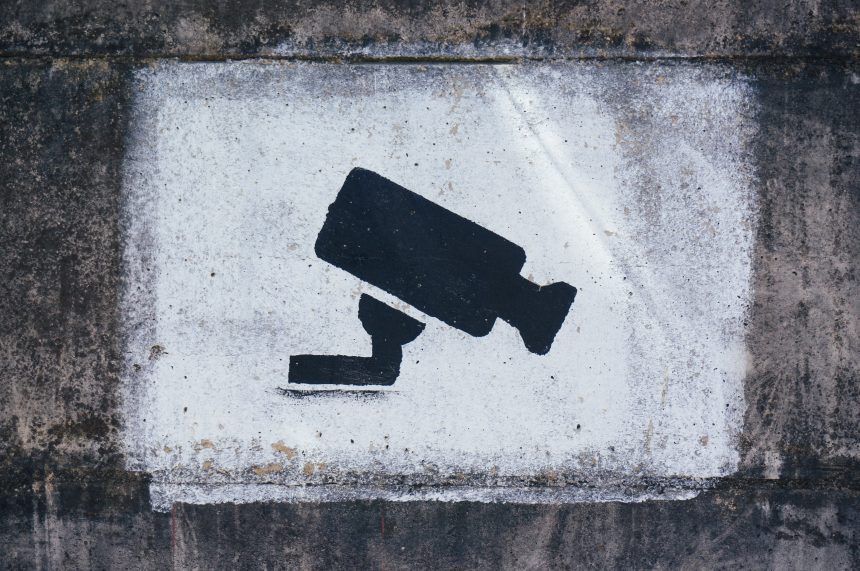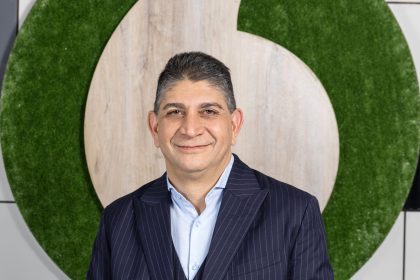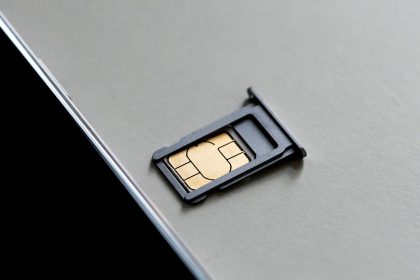The United States has announced a new policy that could affect the travel plans of some African government officials who may be involved in the misuse of commercial spyware.
Driving The News
According to the US Secretary of State Antony Blinken, the new policy will allow the State Department to impose visa restrictions on individuals who are believed to have been involved in the misuse of commercial spyware, as well as those who facilitate or benefit from such actions.
This includes developers, directors, operators, and investors of commercial spyware companies that provide technologies to governments or their agents who engage in unlawful surveillance, harassment, suppression, or intimidation of individuals. The policy will also apply to the immediate family members of such individuals.
Why This Matters
The US said that this policy is part of its comprehensive approach to countering the misuse of commercial spyware around the world, which poses a threat to privacy, freedom of expression, peaceful assembly and association.
The new policy is effective from February 5, 2024, and will be implemented on a case-by-case basis. The State Department did not name any specific countries or individuals that will be affected by the policy, but said that it will continue to promote accountability for those involved in commercial spyware misuse.
Could This Affect Ghana Officials?
The implications of this policy for Ghana are not clear yet, but it could potentially affect some Ghanaians who have ties to commercial spyware companies or who have used or benefited from such technologies for unlawful purposes.
According to a report by Citizen Lab, a research group based at the University of Toronto, Ghana was among the countries where some journalists and civil society activists were targeted by a commercial spyware called Pegasus, which was developed by an Israeli company called NSO Group.
A report claimed that the Ghana Government government allegedly spent $5.5 million on the Pegasus software. The report also alleged that Pegasus was used by some governments or their agents to hack into the phones of journalists, activists, lawyers, politicians, and others who were perceived as threats or critics.
Some individuals who were arrested for joining a protest last year in Accra stated that they suspected that their phones might have been compromised with spyware.
Reservations About The New US Visa Ban
The policy raises some concerns about its implementation and impact on human rights and due process. For instance, how will the US determine who is involved in the misuse of commercial spyware? What evidence will be used to justify the visa restrictions? How will the affected individuals be notified and given an opportunity to challenge the decision? How will the policy affect legitimate users of commercial spyware for lawful purposes? How will the policy affect bilateral relations between Ghana and the US?
Catch up on news and other tidbits on our WhatsApp Community Page, Twitter/X, and subscribe to our weekly newsletter to ensure you don’t miss out on any news.










